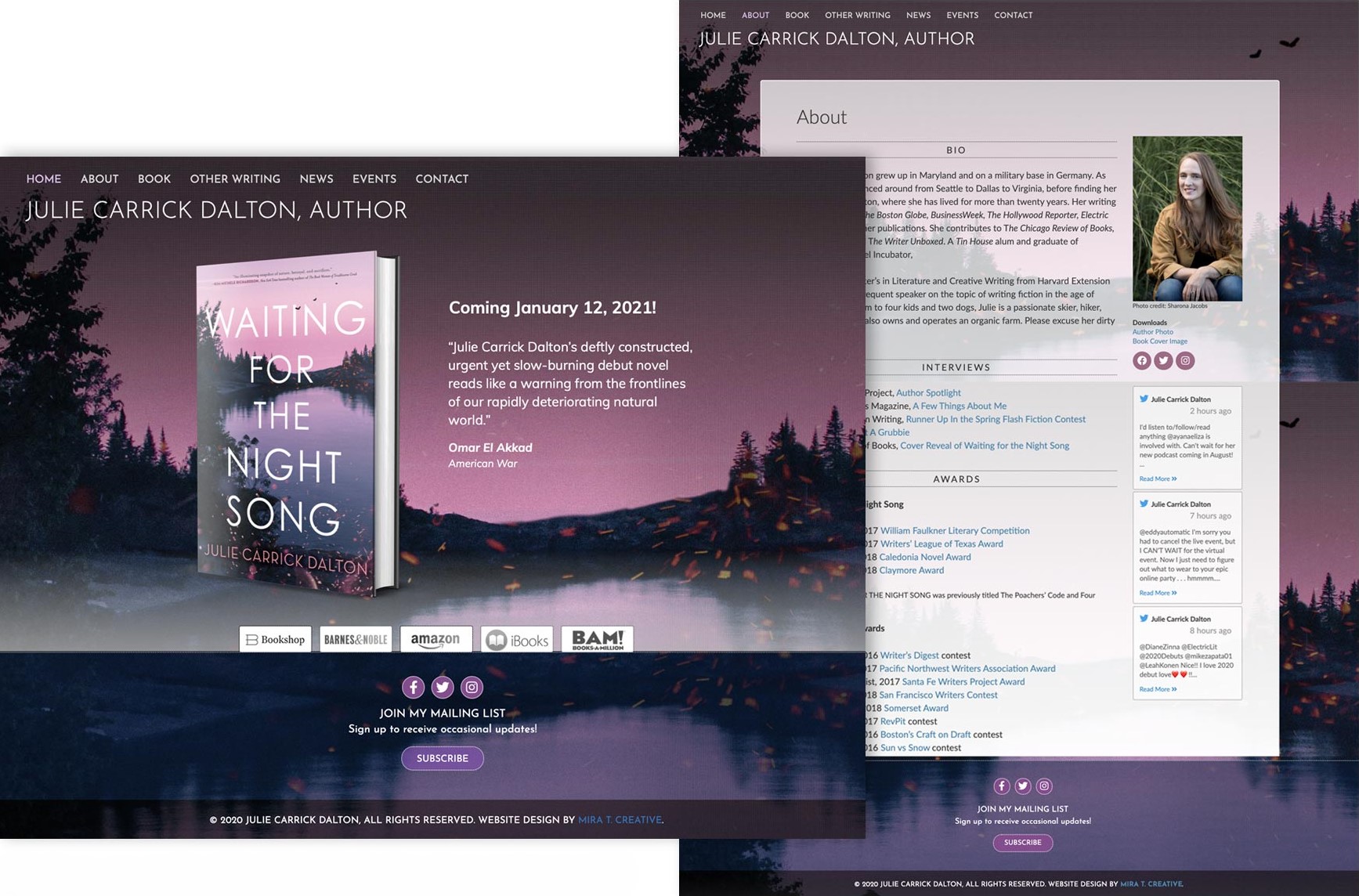Every author needs a home on the internet, even if you’re still working on your first book. An author website acts as your digital business card, book store, and connection hub for readers.
Author websites can give you complete control over how you present yourself and also your books. In this article, let’s break down exactly what to include and also when to build an author website.
Start with a Clear Purpose
First, you need to decide what you want your website to do. And then only you should pick colors or themes. Your goals shape everything from layout to which features you need. A cookbook author might need recipe pages, but a mystery writer might want character profiles instead. Plan your content before choosing a platform or theme.
Must-Have Pages on Your Author Website

About Page
Create both a short and a long author bio. The short version grabs attention quickly, and the long one tells your complete story. Add a good photo. A professional is nice but not required. You can share your writing journey, awards, and also what makes you unique as an author.
Books Page
Each book deserves its dedicated page. And this makes it easier for readers to find information and also for search engines to discover your books.
You can include your book cover (low resolution for fast loading), a brief description, and a longer description. You can also add buy buttons linking to Amazon, Barnes & Noble, Bookshop, and other stores. Also, don’t forget to include any praise or reviews, and consider adding a sample chapter.
Contact Page
Make it easy for readers, journalists, and event planners to reach you. You can use a simple contact form that hides your email address from spammers. You should not ask for too much information. Name and email are usually enough. But if you have an agent or publicist, you can add their contact details too.
Media/Press Kit
This helps journalists and bloggers write about you by providing downloadable materials. Include high-resolution book covers and author photos. You can also add your bio, book descriptions, and any notable reviews or awards.
Homepage Elements That Matter

Your homepage makes a first impression. Put your name, what type of books you write, and your newest book front and center. You also need to make sure that your design connects to your genre. For example, romance authors need a different look than horror writers.
You also need to create a clear navigation menu so that it can help visitors find what they need in one or two clicks. Add a newsletter signup form with a good reason to subscribe, like “Get free short stories and new book announcements.”
Include links only to social media accounts you actually use. Nobody likes clicking a Twitter link to find that your last post was three years ago!
Blogging
A blog can bring traffic to your site and help readers get to know you. Write about topics related to your books, share your writing process, or discuss themes in your work.
Posting should be consistent and regular. Once a week or every two weeks is enough. Make sure you keep the posts interesting and relevant to your audience.
Technical Tips for Long-Term Success
You can build the author’s website on a trusted platform like WordPress or Squarespace. Make sure your site looks good on phones because that’s how most people will see it. Choose a fast-loading theme that fits your genre.
Also, avoid adding too many plugins or features that slow down your site. You should also connect to Google Analytics to see who visits your pages. You can start with basic hosting, but be ready to upgrade as your audience grows.

